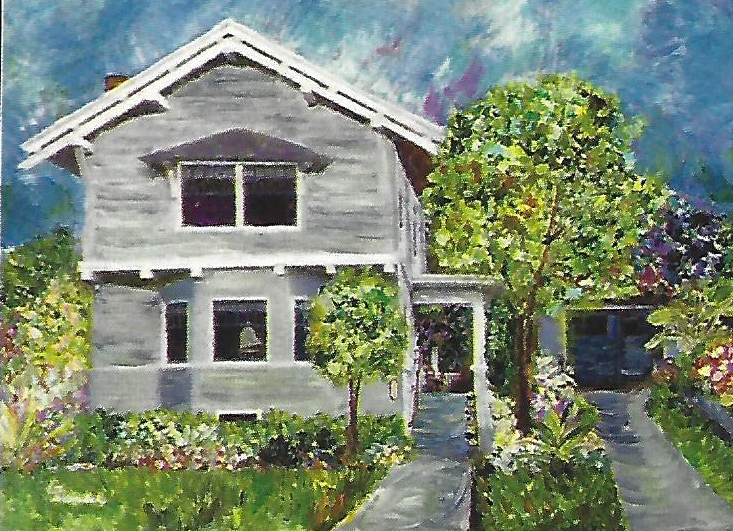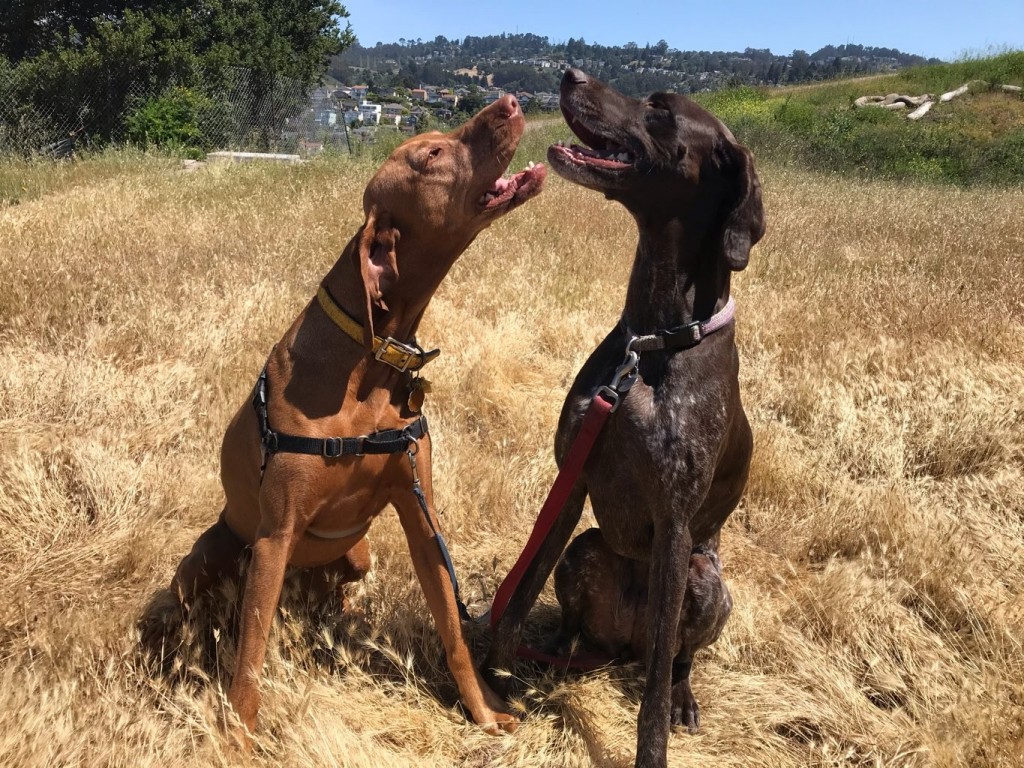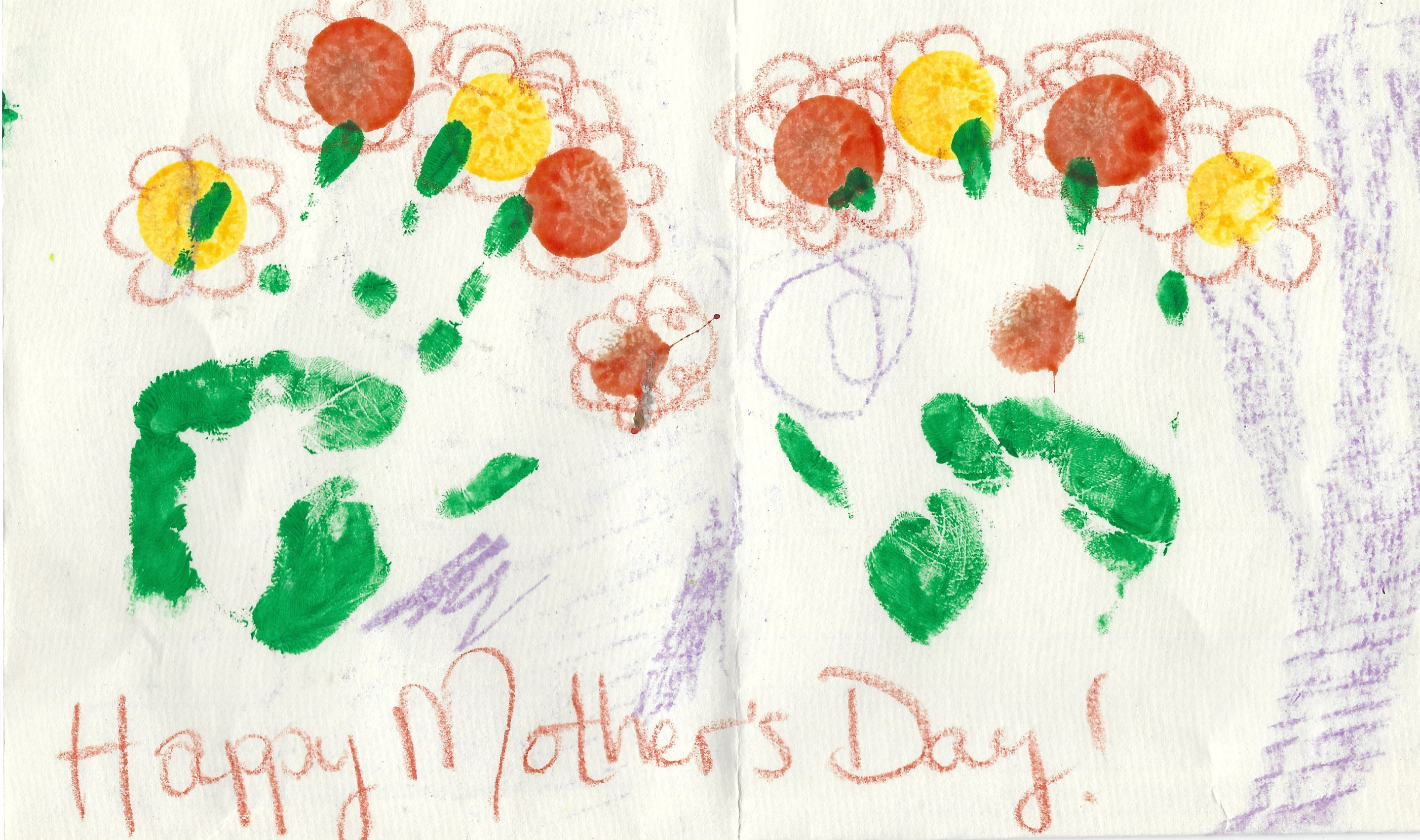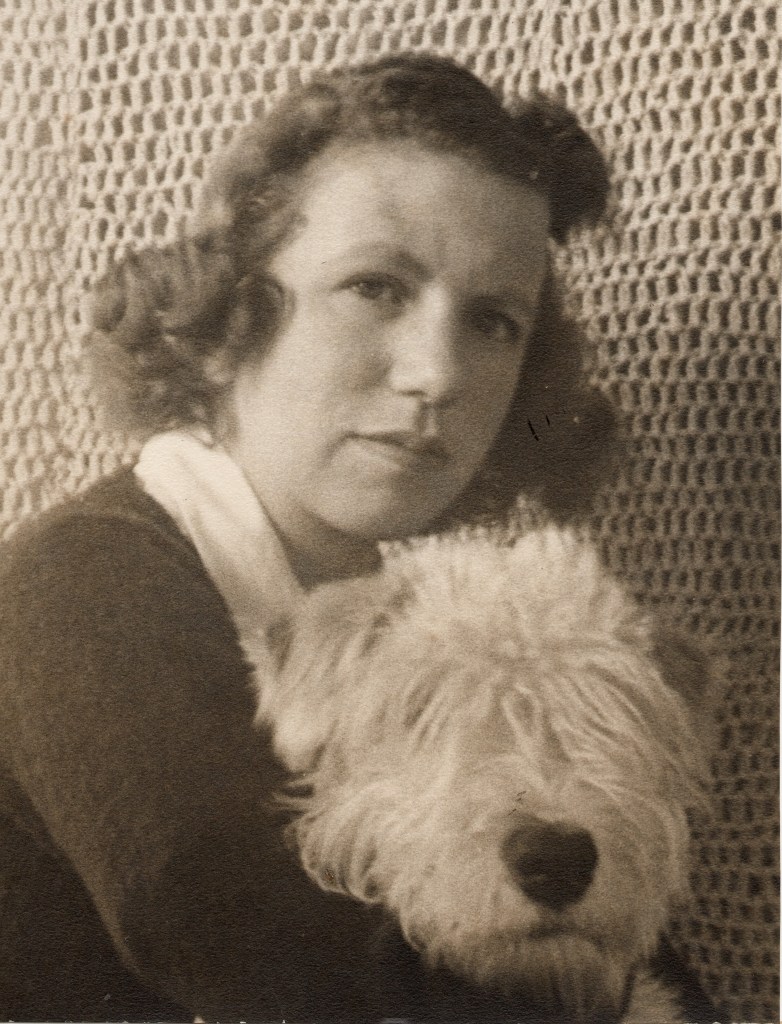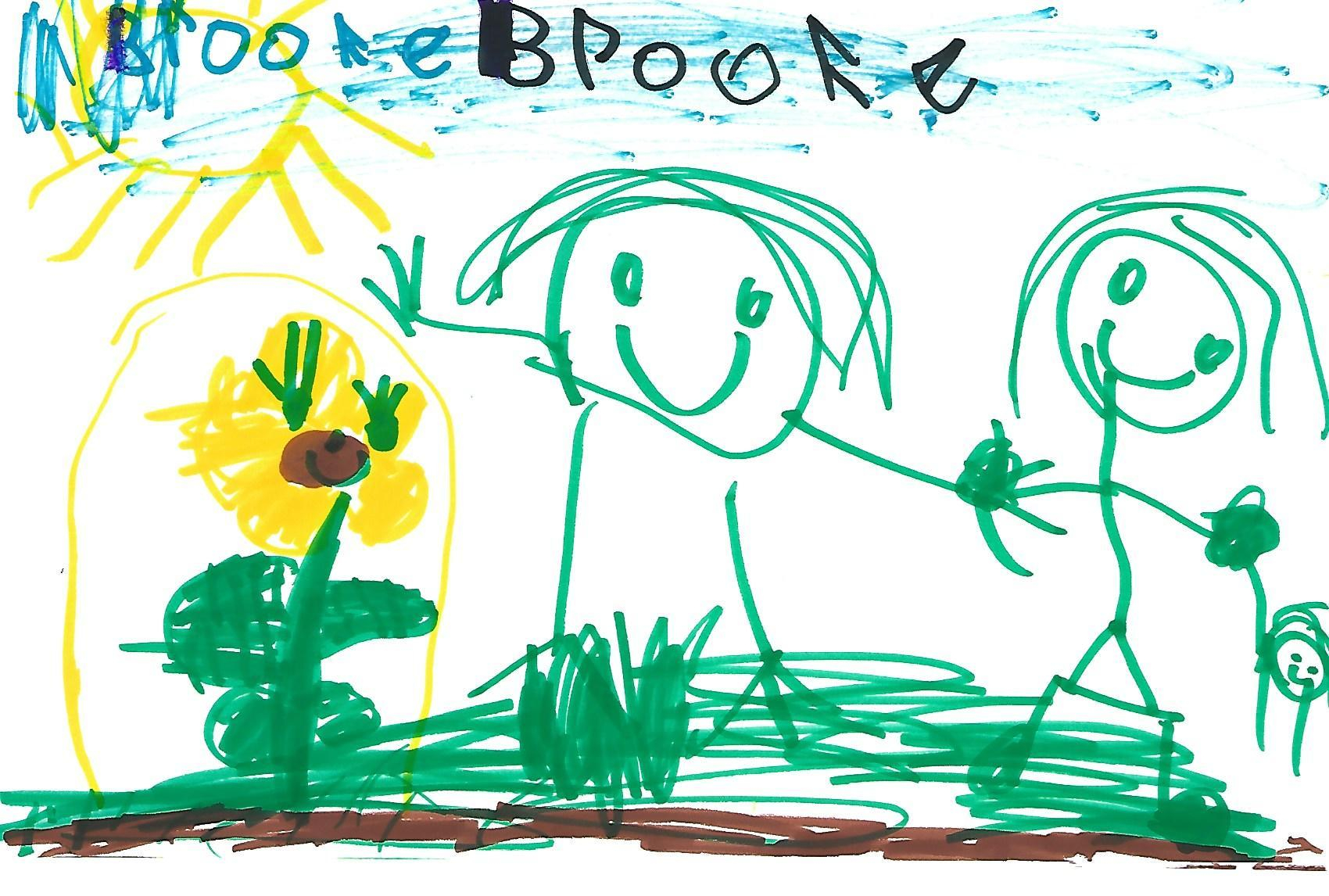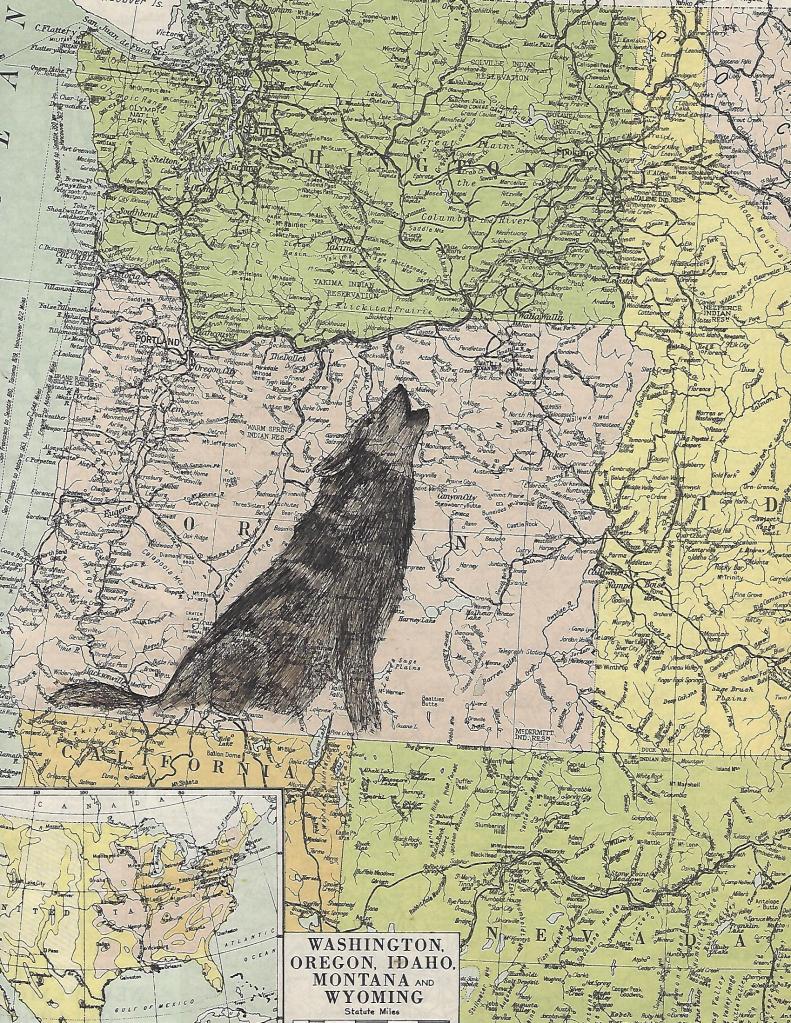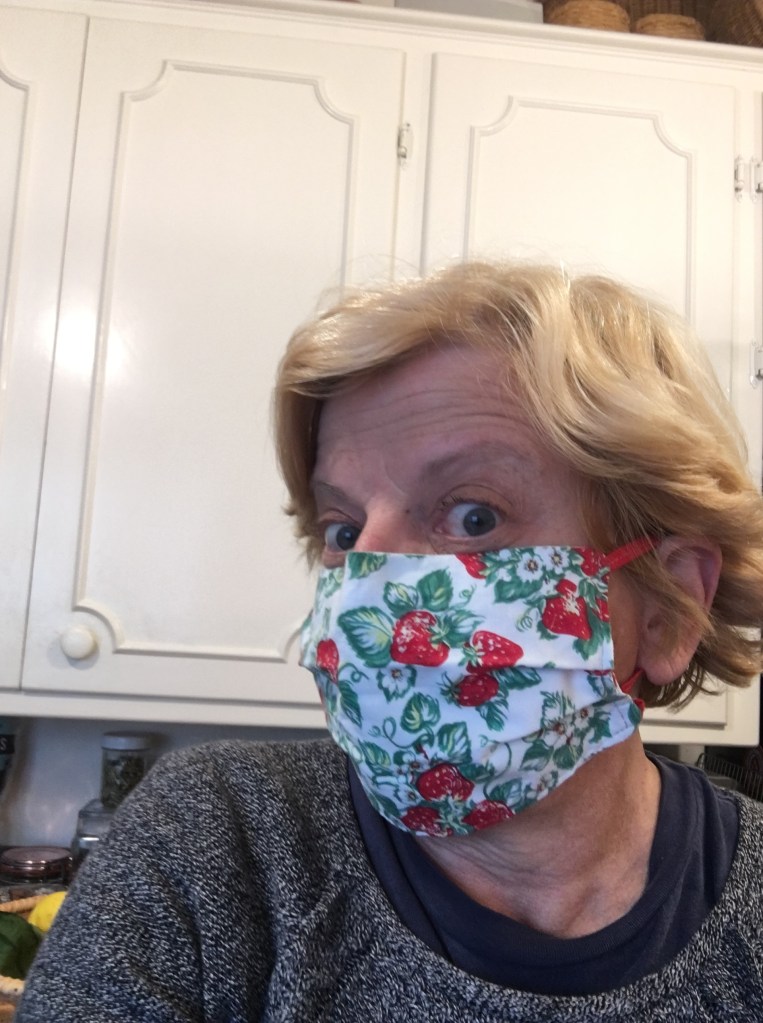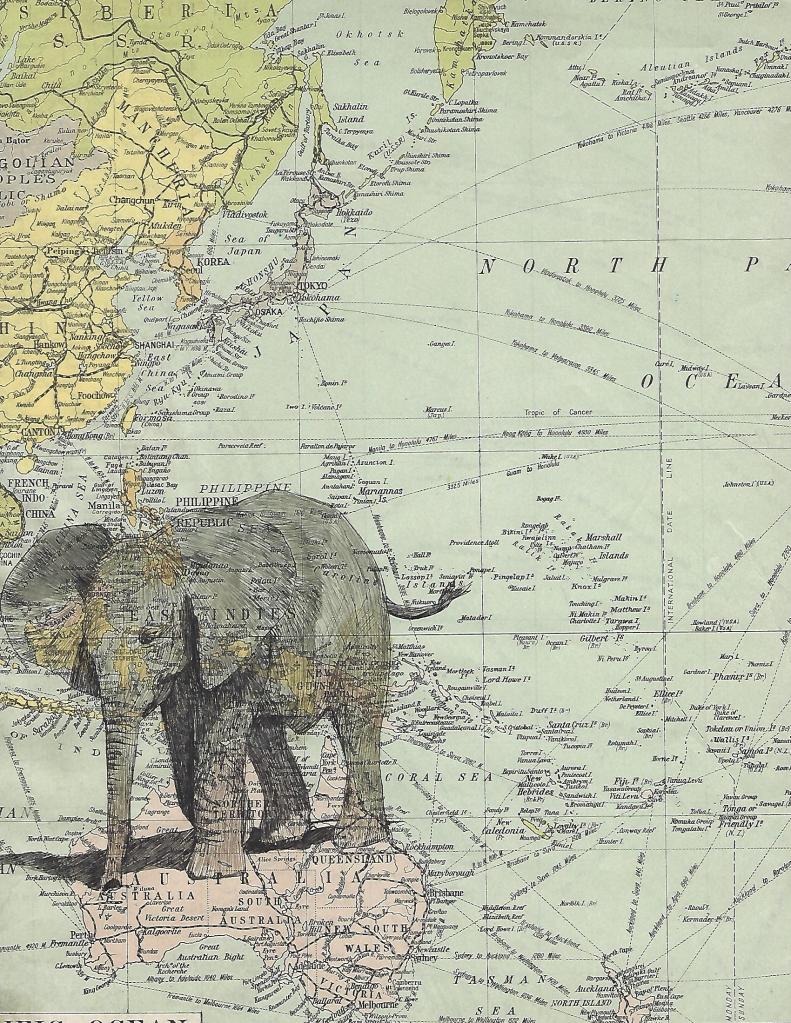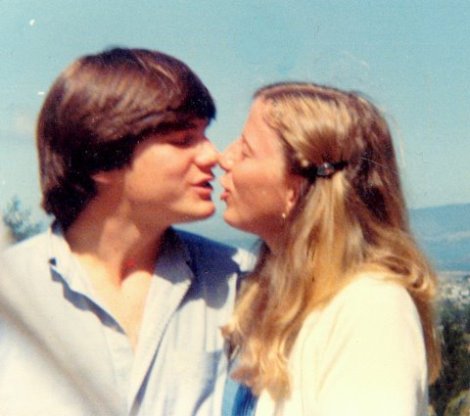July – Half a year gone as I try to get used to our altered reality. My bread machine is taking a well-deserved break. Finally I have plenty of T.P. and disinfectant. But there will be no 4th of July parade or potluck this year. Even worse for families sick and tired of being home, many summer camps were cancelled, including Four Winds*Westward Ho in Washington State.
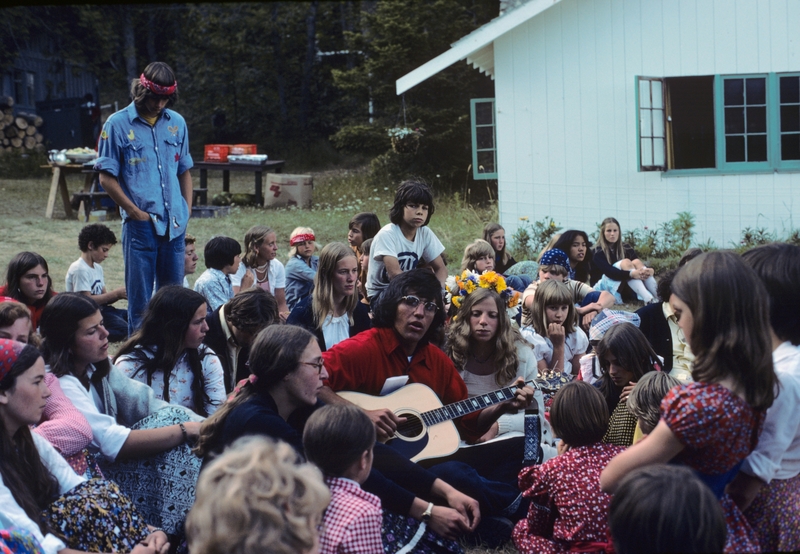
My siblings and I were campers and counselors there in the 1970’s, as were many of our children years later. When anyone says, “Go to your Happy Place,” my mind goes to the carved wooden bench overlooking that camp bay.
When I saw the video of the camp director delivering the sad news online, I could hear hearts breaking all over the world. In his post, Paul Sheridan sits on the lodge railing with his back to the blue waters off Orcas Island’s Puget Sound. He looks devastated. He says they tried all spring to figure out how not to record that video. He says, “We live in extraordinary times… For the first time since 1927, there will be no camp this season.”
Social distancing at camp would be impossible. They hug, share everything (including germs), and when they gather in the old lodge there is not one square inch of floor space between them. Regular handwashing? Have you ever seen a duffle bag of dirty laundry come home with a camper?
For those unfamiliar with Four Winds, a bit of history:

Ruth Brown, a spinster affectionately known as “Miss Ruth” founded the camp in 1927. Her 4th Grade essay from 1906, “My Ambition,” could serve as the camp’s mission statement.
“When I grow up I am going to have twelve children, six girls and six boys. I will like my children very much and will let them read anything they want and will always let them finish a chapter. Even if they are not beautiful I will not tell them so. If they want to sing I will let them sing no matter how they sound. They can all take violin lessons instead of piano if they want to or I will not care what they do as long as they are doing something interesting. I’ll have a cupboard full of pads of paper and lots of pencils … I will never send them to their rooms to punish them and I will not keep telling them how well behaved their sisters are … I will pick a nice father for my children. An author would be nicest except that sometimes they do not make enough money to take care of so many children. You may think twelve children will not be a very big ambition but we will have a very good time and a happy life and if we do not find a good father who wants twelve children I will have to find twenty four to adopt and then I will paint pictures and write books which I think would be a very good thing to do when I am not busy with the children anyway.”
Miss Ruth never did find that good man. But she fulfilled her ambition, and I consider myself one of those children.
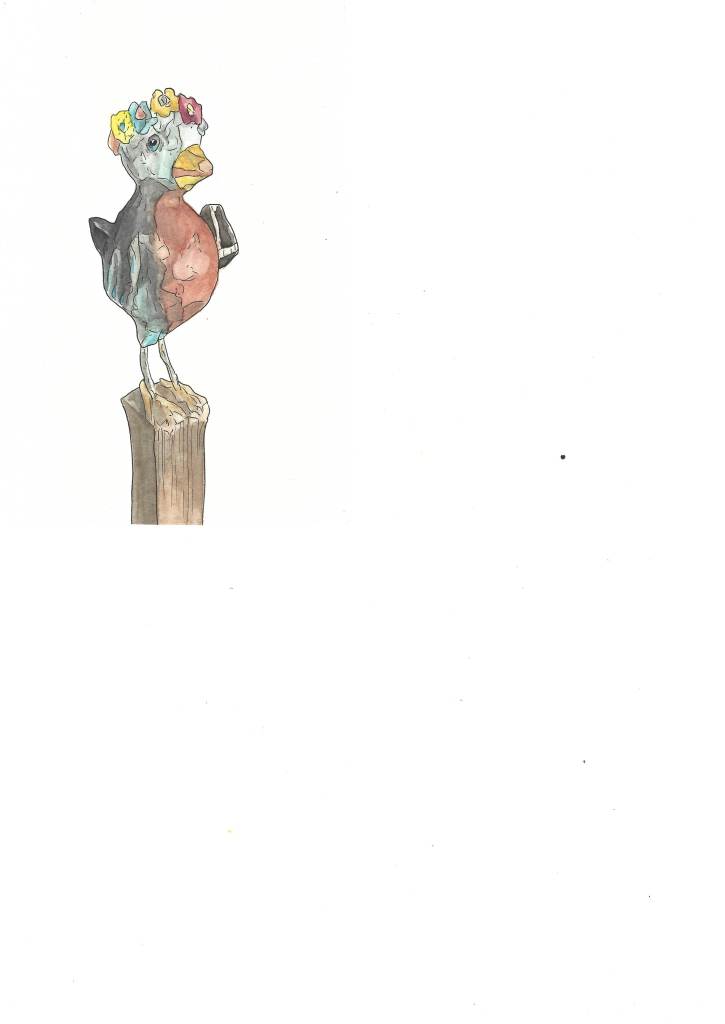
I was twelve when I met her. She was legend. She was an ancient goddess, living at Hilltop – her home on the camp property and had sent for me to join her for tea and cookies so I could tell her all about my day. I was awestruck, honored and uncharacteristically shy.
The carved bench was the unofficial boundary between Girls’ Side and Boys’ Side. Most of the girls stayed in cabins, boys in platform tents. Girls wore bloomers (don’t knock ‘em ‘til you try ‘em – very comfy!), matching sailor ‘middies’ and colored silk knotted ties to identify them as camper, apprentice or counselor.
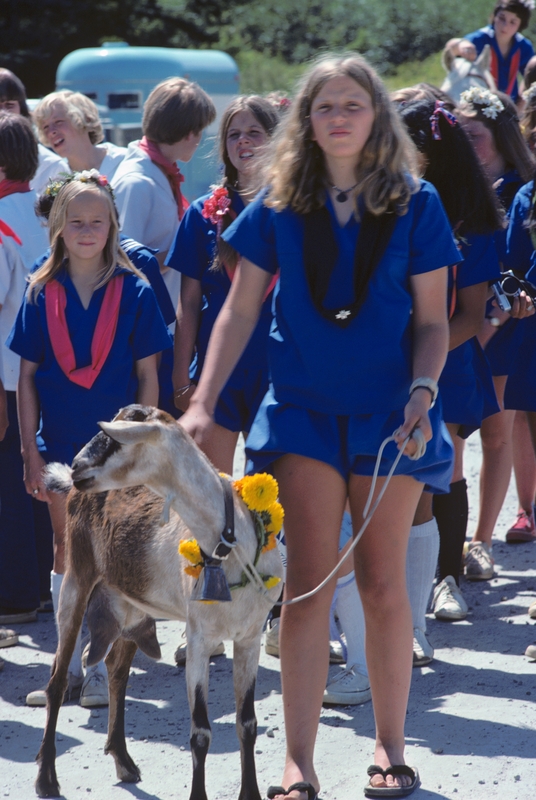
We took swim tests off the barnacled dock in water so cold you kept your head above water to avoid an ice cream headache. You could spend your day on the dock, in the barn, or on the craft courts. Or you could skip activities altogether and sit in the lodge composing songs and reading poetry.
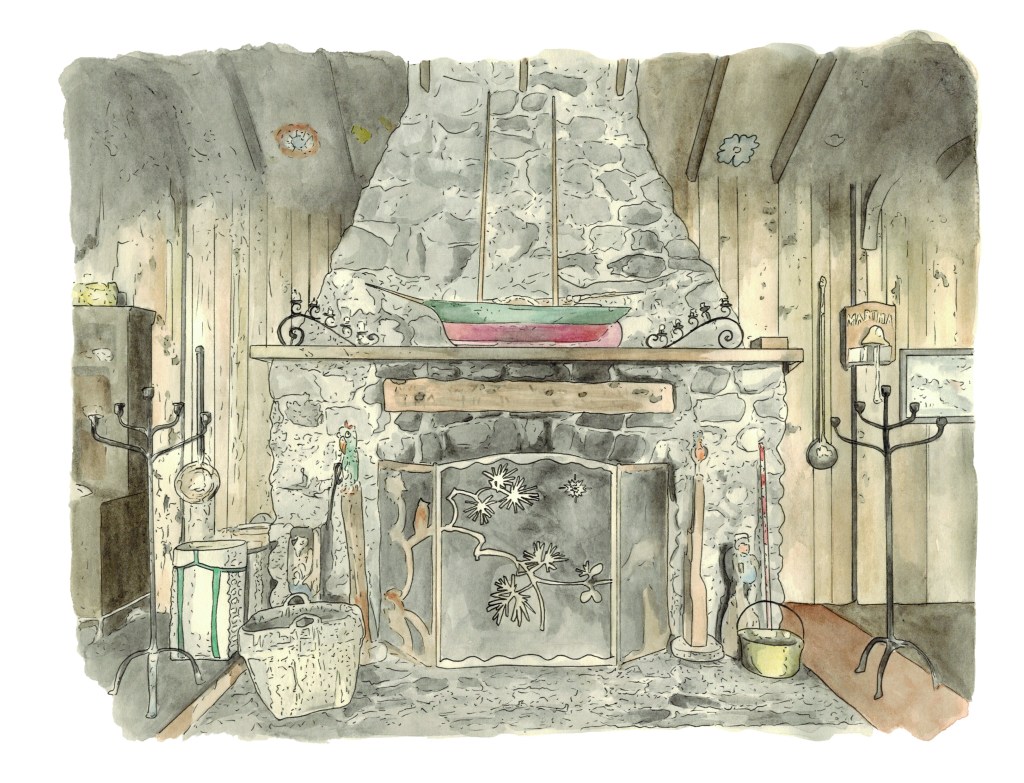
We were children of the ‘60s and ‘70s with more freedom than rules. There was only one rule, and it was unbreakable. You could do anything you wanted providing your actions did nothing to harm yourself or others.
We held tea parties in an old maple treehouse, ate breakfasts of eggs and oysters cooked over an open fire on a rocky beach. My first summer I spent hours canoeing, a result of a killer crush on a counselor. By the end of six weeks I could paddle a straight line fighting a strong current and earned my canoeing medallion. I sailed aboard the 86 ft. schooner Martha through the Straights of Georgia. Completely soaked in saltwater and clinging to the bow, I saw a pod of killer whales off to port. To date, the best adventure of my life.
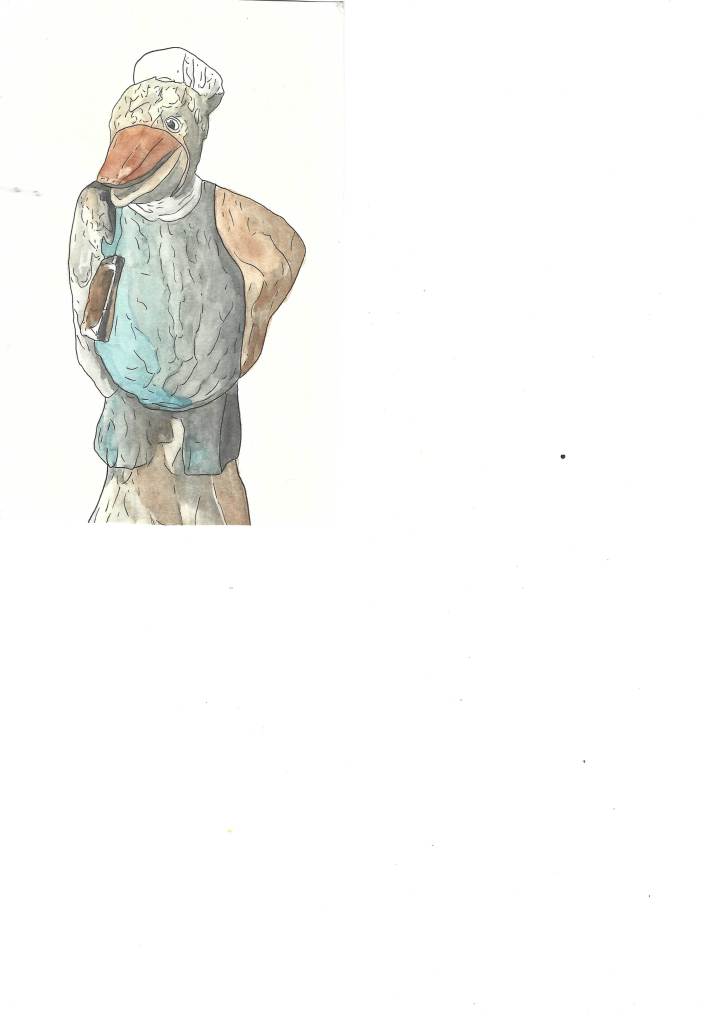
Artist Ernest Norling (1892 – 1974) carved statues and signs that remain throughout the camp.

We would lie on our backs on the red woolen rug and stare up at the flowers painted on the lodge beams, trying to find the two matching ones. We whispered scary stories about ‘Hatchet Annie’ and ‘Creosote Sadie,’ fried donuts in a cast iron kettle, and made lopsided pots as gifts for our parents. We paddled war canoes and sailed little boats into the paths of oncoming Washington State ferries. A group of kitchen helpers formed a band called, ‘The No Jive Five.’ We played at being cool, smoking rolled madrone bark while listening to someone learning “Stairway to Heaven” on an acoustic guitar.
At the end of our session we sent driftwood boats lit with candles into the bay. We climbed the trail to the bench to see the dark bay twinkle like the heavens, then watched until the waters snuffed them out.
When our daughters were old enough, we gave up family trips and budgeted so they could go to Four Winds. I am so grateful that my husband understood how much it meant.
Over the years due to insurance requirements and common sense, there were more rules at camp and less freedom, but Miss Ruth’s spirit remained. In the camp songs, harmonies became melodies and melodies harmonies, but they are the same songs. The younger generations love it just as much, if not more.
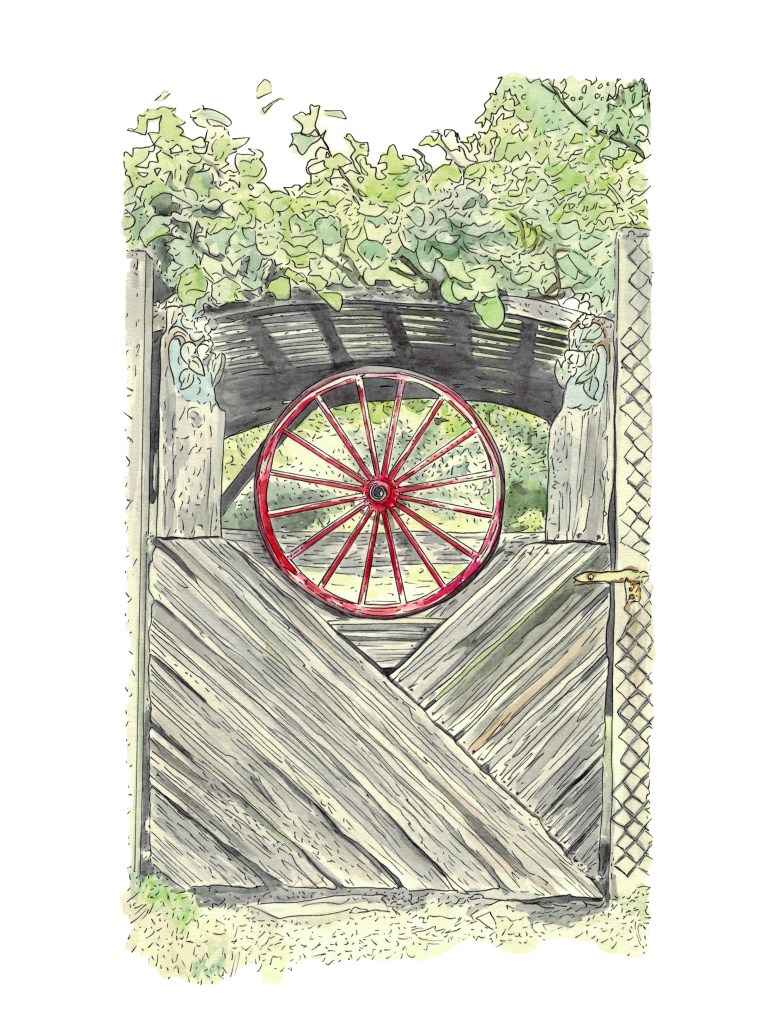
In a letter to campers, Paul Sheridan wrote, “Your generation is being asked to make a tremendous sacrifice. Nothing in our lifetimes compares to it. You are missing out on friendship, school, activities, sports, milestone moments, and now camp. It takes our breath away.”
Four Winds*Westward Ho Camp will survive. It survived The Great Depression and World War II. In a log Miss Ruth kept during a tour of Europe on the eve of war, she wrote,
“Munich: One last visit to our favorite bookshop where I tried in vain to buy a red leather edition of Heine to match my Goethe but, alas, Heine is banished from Germany. I hope he too will return with the old gaiety. All deep, beautiful things will somehow survive.”


